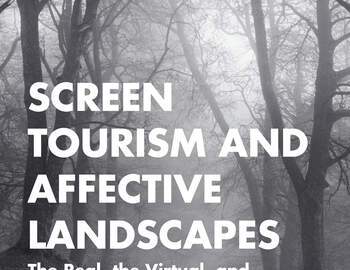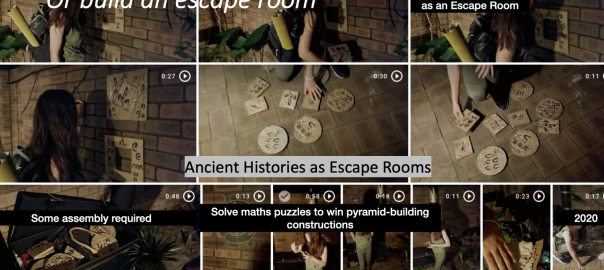I’m sorry I have not been updating this blog very frequently.
I spent a week in Sydney (at my expense but for a good cause): ICOMOS. I am a member of ICIP ICOMOS but to be honest I don’t seem to be very involved or I don’t know (currently) what is happening. They had their meeting as I was travelling to ICOMOS General Assembly, we co-chairs of the Scientific Symposium had to meet at 7.30 every day and Tuesday and Thursday was a full on Digital Heritage program that I have mixed feelings about.
The concerns I have about Digital Heritage seem shared by the others, but I only had 15 minutes to talk and they decided (because of others, and the screen having to reset) that there were no Q&A for my session. I think in future I will work with more specialist audiences at smaller events, I don’t think my involvement at these bigger conferences is very effective, it will be more relevant for others.
During our day break (the session was split into Tuesday and Thursday with a visit in between to the Blue Mountains, (I don’t know why, but perhaps it wasn’t such an issue after all) I visited the Australian National Maritime Museum and had a brief conversation with the submarine HMAS Vampire volunteer, an ex-submariner about when things go wrong (footnote: he was lucky the sub only had practice torpedos, they return to the nearest acoustic object if they can’t find their target, a lesson he learnt all too well). It was fascinating listening to him.
Anyway, my talk was on difficult decision-making with digital heritage, a response to https://heritagedecisions.leeds.ac.uk













